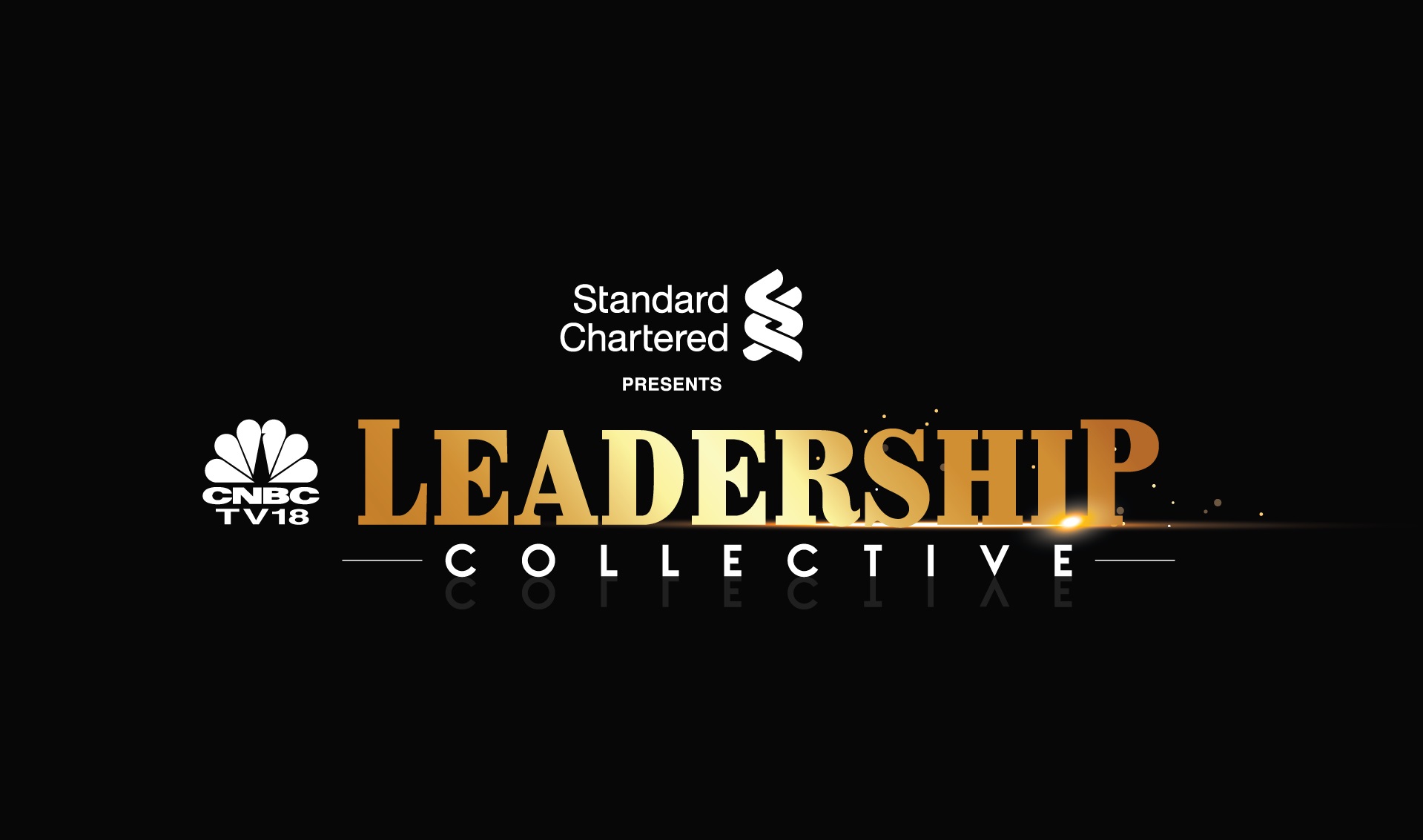
Q: What do you make of the global recovery? Most CEOs that we speak to do seem to suggest that perhaps the worst is behind us, that the crisis has passed. Would you agree?
A: If you think about the major economies of the world, whether it is European, Chinese, US, Indian economy – if you look at economies that are on the further side of the healthcare crisis because this is a healthcare crisis that has an economic impact, you can see that China’s economy is growing again and it is bigger than it was. If you look at the US, expectations from our experts this quarter are that you will see 30 percent-plus growth in GDP for Q3. So we were 32-33 percent down in Q2, 30 percent plus up in Q3 which leaves you at about 95 percent of the size you were the year prior to the crisis, which is a big restoration of the economy. In Europe likewise, you are starting to see it come back.
However, it is all going to be about the healthcare crisis. Today and yesterday the concern is the cases rise, will there be further measures to control and shutdown and that may make the recovery ebb inflow. However, right now we have restored a major part of the economies in the world.
Q: You spoke about the ebb inflow that is expected given the fact that we are now seeing a rise in COVID cases across the US and Europe. What is the worst case that is being factored in at this point in time? We are now starting to see local restrictions, lockdowns being re-imposed, what is the worst-case scenario that is being factored in today?
A: Our research team has the US growing in Q4 and then growing in each of the quarters next year and total growing 4.5 percent or so next year. We have India down 9 percent in 20 and then up 8 percent. So people are factoring in those ebbs inflows, they are probably not factoring in a worldwide shut down again. However, you don’t see that in government resolutions as you look at the economies across the US or in different conditions. You are seeing that the ability to control the hospitalisations is a serious outcome because the treatment regimens are better etc and we are in a race for a vaccine that is somewhere out there ahead of us. So now the question is what are you going to do between now and then? think the nature of the controls appears to be different although we have to take this virus very seriously – wear a mask, social distancing, and all those things I think the understanding of that is much deeper in our populations than it was in March and April. We didn’t understand how the virus was transmitted back then, so the shutdown and the belief that you had to close public transportation and things like that are not the same right now.
Q: In terms of the central bank as well as government interventions, we have seen a whole bunch of stimulus packages being announced not just in the US but across the world. What is the expectation now given where we find ourselves with global growth and specifically in the US what next now in terms of intervention?
A: You got to remember that this is a healthcare crisis and till the healthcare crisis is behind us the central governments around the world, governmental administrations around the world including the administration in the US, basically in March, April and May unloaded tremendous monetary stimulus, as well as a fiscal stimulus which has had a strong offsetting effect and that, is why you got this fast snapback to the highs. You are at 95 per cent of the economic size in the US immediately because of what the public sector did through monetary stimulus and fiscal stimulus and so all that has worked.
The issue now is that it has gone on longer than people thought. So now the question is, as you look across the range of industries, certain industries are back and the revenues are there, certain industries have fared well in this, but some other industries need another stimulus in my mind to help those people make it to the other side of the crisis. So the focus can be narrower but you still need some help both on the human side and also on the economic side to make those industries cross the river and get to the other side



